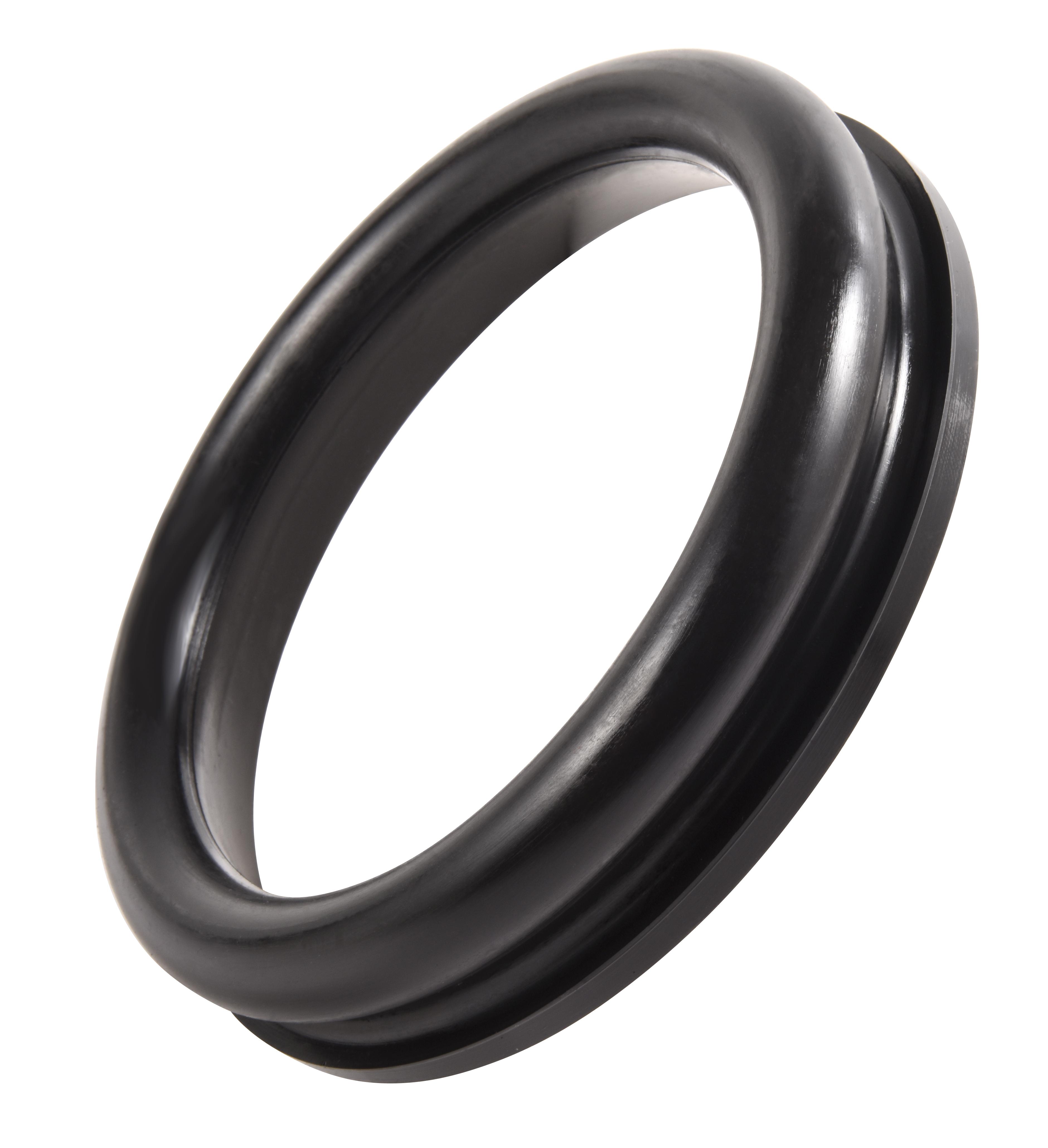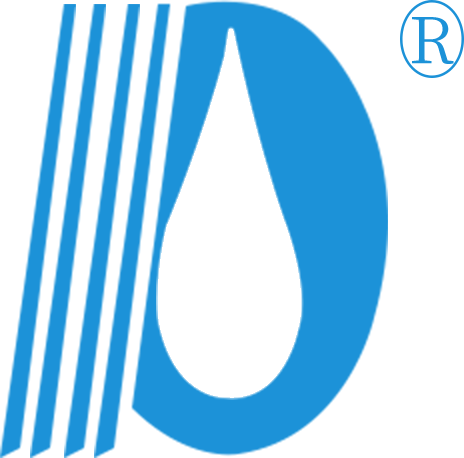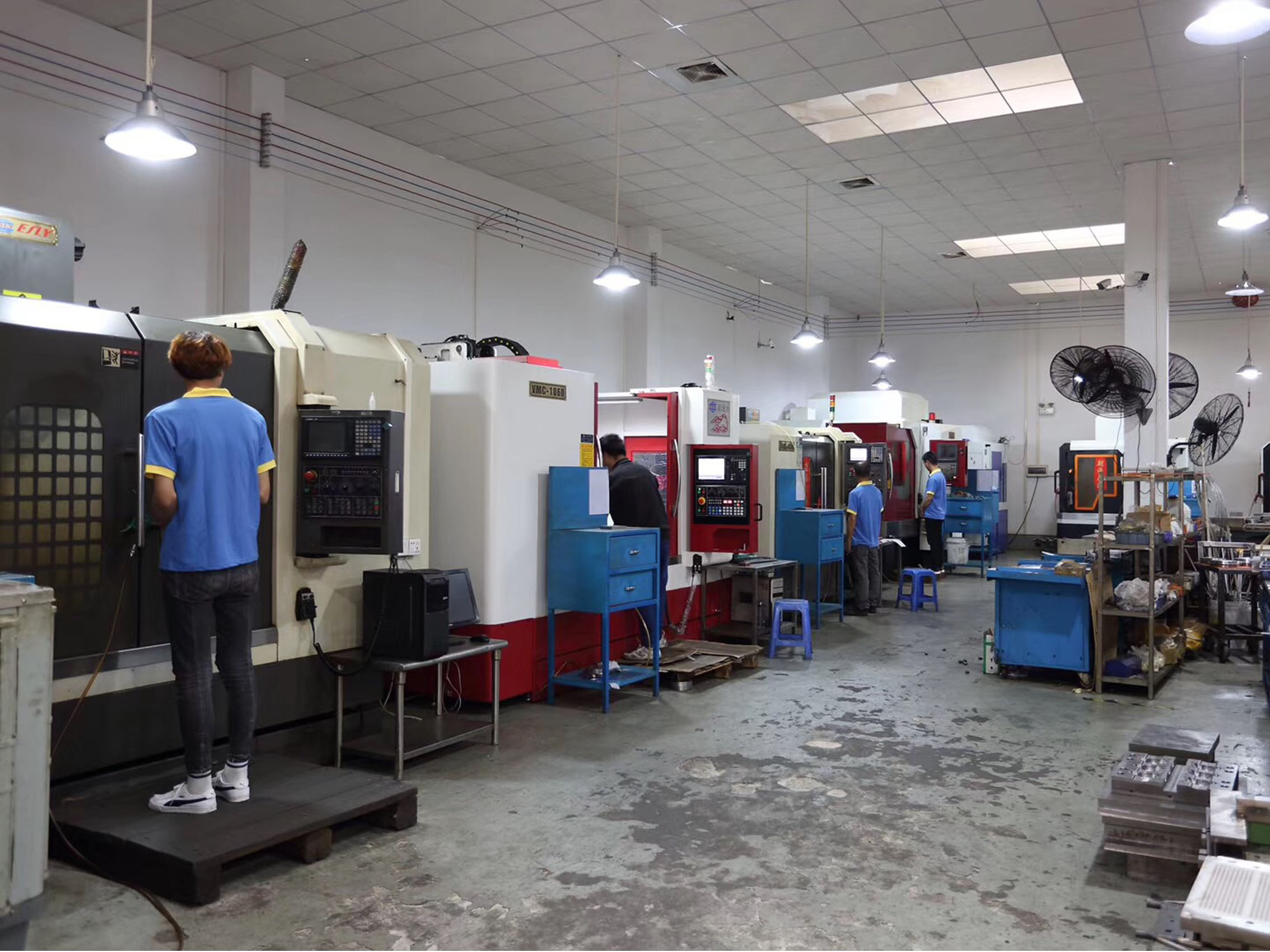How to choose a good flange gasket
As there are many types of flange gasket and our company can recommend corresponding gasket types for different industrial and mining occasions, such as automobile gaskets, OEM supporting use or after-sales maintenance market repair use, etc., please provide as many parameters as possible for selection To the high-quality and inexpensive products you need.

flange gasket selection:
Any type of gasket must have the following eight important characteristics to ensure long-term effective sealing in harsh environments:
1. Air tightness: For the medium of the sealing system, the gasket will not leak within a certain period of time at the recommended temperature and pressure.
2. Compressibility: After the connecting bolts are tightened, the contact surface of the gasket and the flange should be well matched to ensure the seal.
3. Creep resistance: The gasket should have good creep resistance under the influence of pressure load and operating temperature. Otherwise, it will cause the loss of bolt torque, which will reduce the surface stress of the gasket and cause the hard gas system to leak.
4. Anti-chemical corrosion: The selected gasket should not be corroded by chemical media and should not contaminate the media.
5. Resilience: Even when the system is stable, the two flanges connected will definitely have a slight displacement due to the influence of temperature and pressure. The elastic function of the gasket should be able to compensate for this displacement to ensure the tightness of the system.
6. Anti-adhesion: the gasket should be easily removed from the flange after use, without adhesion
7. Non-corrosive: The gasket should be non-corrosive on the surface of the connected flange.
8. Temperature resistance: The selected gasket should be used normally at the lowest and highest temperature of the system.

flange gasket selection:
Any type of gasket must have the following eight important characteristics to ensure long-term effective sealing in harsh environments:
1. Air tightness: For the medium of the sealing system, the gasket will not leak within a certain period of time at the recommended temperature and pressure.
2. Compressibility: After the connecting bolts are tightened, the contact surface of the gasket and the flange should be well matched to ensure the seal.
3. Creep resistance: The gasket should have good creep resistance under the influence of pressure load and operating temperature. Otherwise, it will cause the loss of bolt torque, which will reduce the surface stress of the gasket and cause the hard gas system to leak.
4. Anti-chemical corrosion: The selected gasket should not be corroded by chemical media and should not contaminate the media.
5. Resilience: Even when the system is stable, the two flanges connected will definitely have a slight displacement due to the influence of temperature and pressure. The elastic function of the gasket should be able to compensate for this displacement to ensure the tightness of the system.
6. Anti-adhesion: the gasket should be easily removed from the flange after use, without adhesion
7. Non-corrosive: The gasket should be non-corrosive on the surface of the connected flange.
8. Temperature resistance: The selected gasket should be used normally at the lowest and highest temperature of the system.

